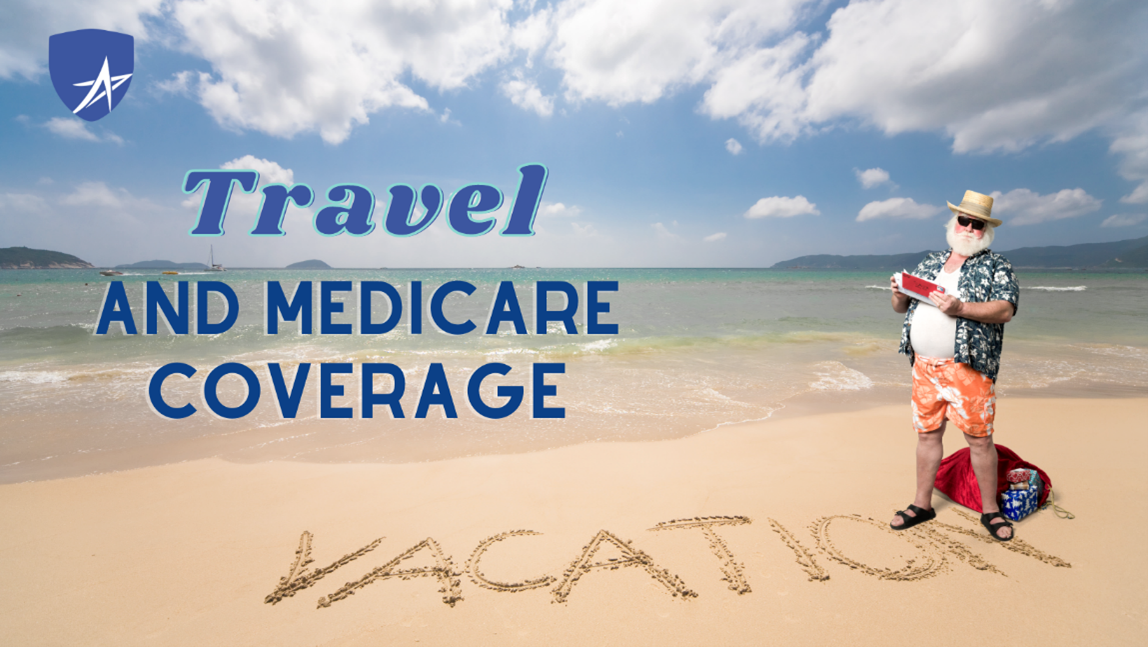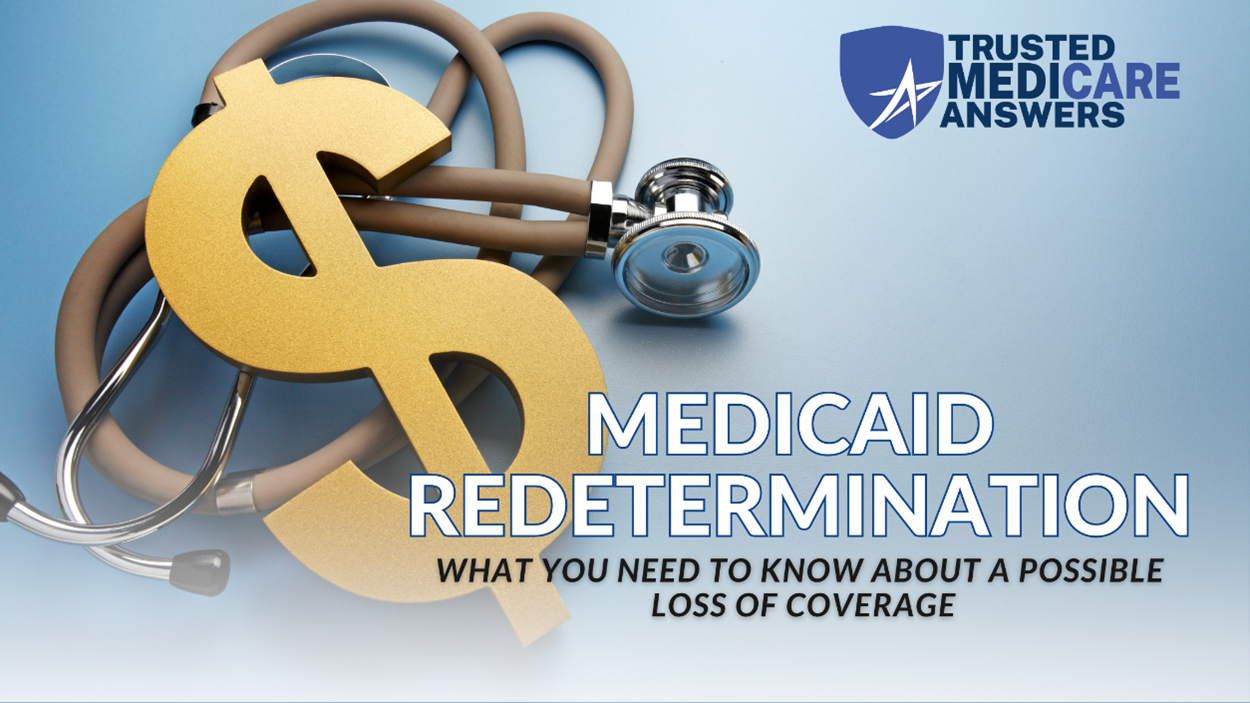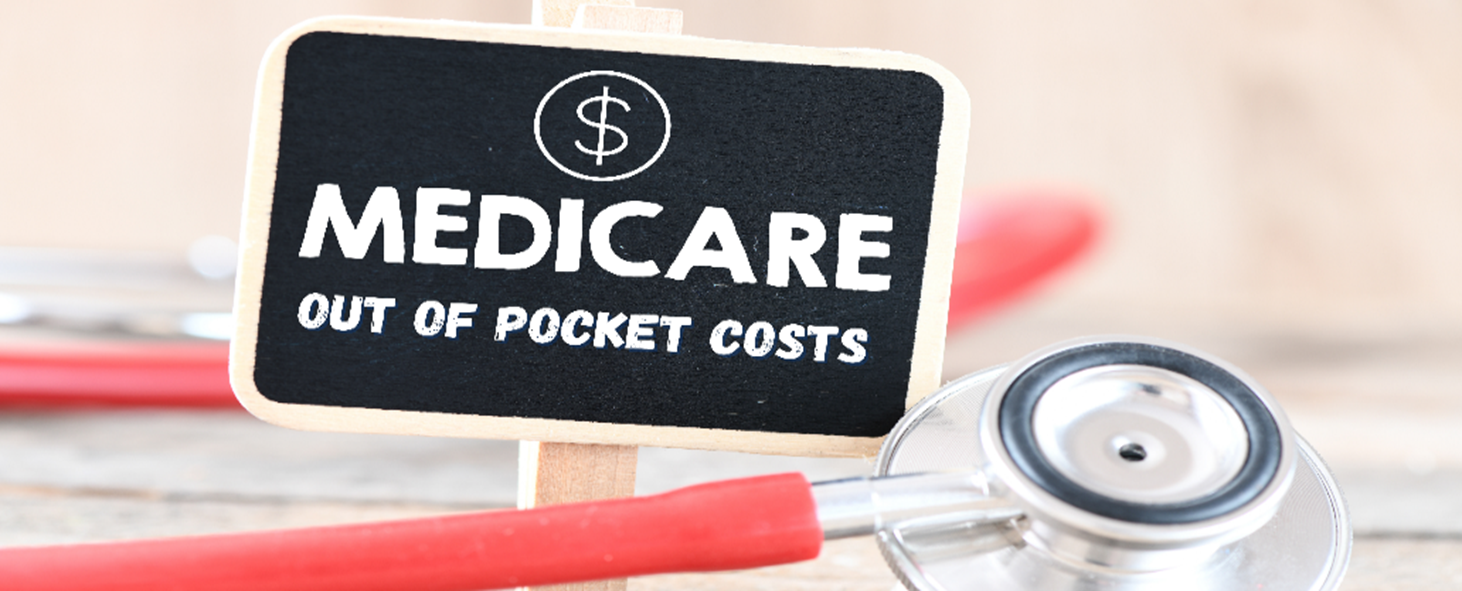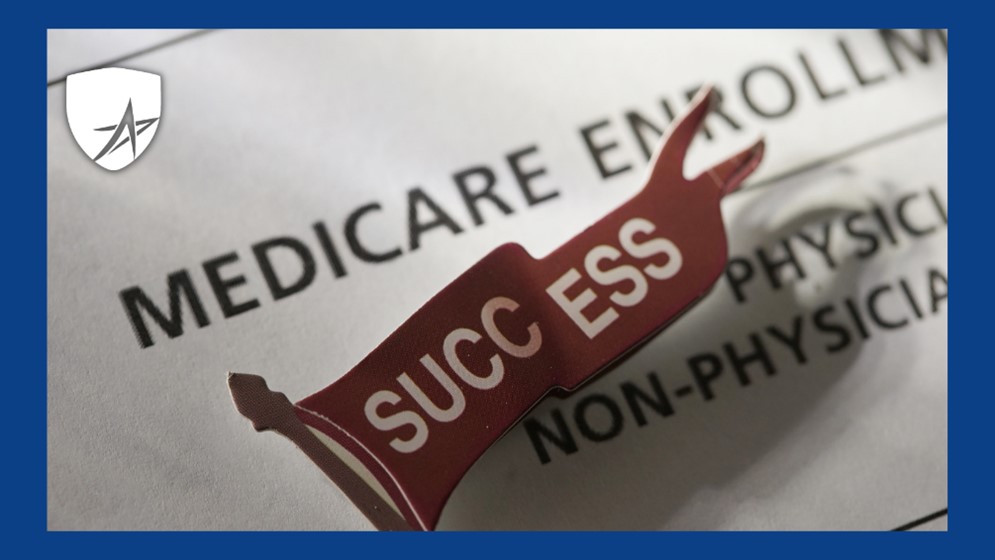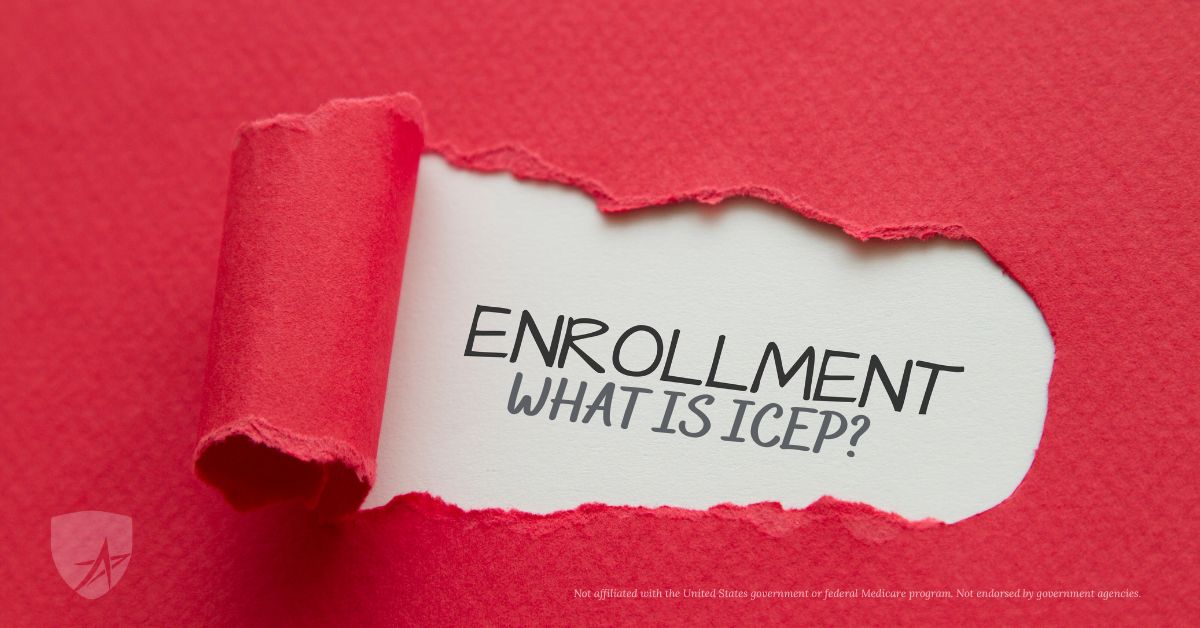When choosing health care coverage, it’s important to consider your vacation plans. If you’re someone who frequently travels, spends time away from home, or splits your time between different locations, it’s essential to factor these key points into your decision when choosing a Medicare plan or reviewing your existing coverage. Key points to keep in mind: Medicare plans may not work the same way everywhere you go. Some plans only provide coverage within the state
Beginning April 1, 2023, states will be able to terminate Medicaid enrollment for people no longer eligible. Medicaid Beneficiaries, you may be at risk of losing your Medicaid coverage due to the end of a COVID-19 pandemic continuous enrollment rule. It is crucial that you understand the need for Medicaid redetermination and respond in a timely manner. If you enrolled in Medicaid during the pandemic, you may not have been exposed to the annual Medicaid
We have some exciting news to share with you! The Biden-Harris Administration recently launched the Medicare Prescription Drug Inflation Rebate Program, which will protect you and taxpayers against drug price hikes that exceed the inflation rate. Starting from April 1, 2023, you will have access to 27 Part B prescription drugs that will be available at lower coinsurance rates. Depending on your individual coverage, you may save between $2 and $390 per average dose. This
As we are now a couple of months into 2023, it’s important for Medicare beneficiaries to understand the out-of-pocket expenses associated with their healthcare coverage. While Medicare provides essential healthcare benefits for millions of seniors and people with disabilities, it does not cover all medical costs. This is where Medicare Advantage, Part D plans, and Supplemental plans come into play. Understanding the out-of-pocket costs associated with these plans can help you make more informed decisions
Medicare enrollment can be a daunting process for many people. It involves a lot of complex information, deadlines, and choices to make. With so many options available, it’s easy to feel overwhelmed and confused about what plan is right for you. Fortunately, you don’t have to navigate this process alone. We can help you make sense of your options and choose the plan that best fits your needs. Here are just some of the ways
Boosting Health and Vitality Greetings Retirees! As we age, our bodies require specific nutrients to maintain optimal health. Proper nutrition becomes even more critical for older adults, as we face unique challenges that can impact our overall well-being. One way to ensure that we’re meeting our nutritional needs is by incorporating superfoods into our diets. Superfoods are whole, minimally processed foods that pack a nutritional punch. While most are plant-based, not all are exclusively so.
On September 27, 2022, the Centers for Medicare & Medicaid Services (CMS) released the 2023 premiums, deductibles, and coinsurance amounts for the Medicare Part A and Part B programs, and the 2023 Medicare Part D income-related monthly adjustment amounts. Medicare Part B Premium and Deductible Medicare Part B covers physician services, outpatient hospital services, certain home health services, durable medical equipment, and certain other medical and health services not covered by Medicare Part A. Each
If you’re new to Medicare, you may be familiar with the Initial Enrollment Period (IEP), an election period that covers from 3 months before your 65th birthday to 3 months after. However, if you chose not to sign up for Part B during your IEP, there is another enrollment period available to you, known as Initial Coverage Election Period (ICEP). But what exactly is it? When can you use it? And how does it differ
Read the Original Articles BY Brea Love (ABC10) SACRAMENTO, Calif. — June is Alzheimer’s and Brain Awareness Month and a recent report shows a majority of Americans can’t spot the difference between typical cognitive decline and what causes Alzheimer’s. There are hundreds of thousands of people living with the disease in California and the population is growing. Also growing is the more than one million unpaid caregivers trying to take care of their loved ones in the best way they
If you’re turning 65 and still intend to have employer coverage, or if maybe you’re delaying your retirement just a few months after your birthday, one thing to keep in mind is making sure you receive an annual written notice of creditable coverage from your employer. As you may or may not know, Medicare will require you to maintain creditable prescription drug coverage or receive a Part D Late Enrollment Penalty. If you’d liked to

